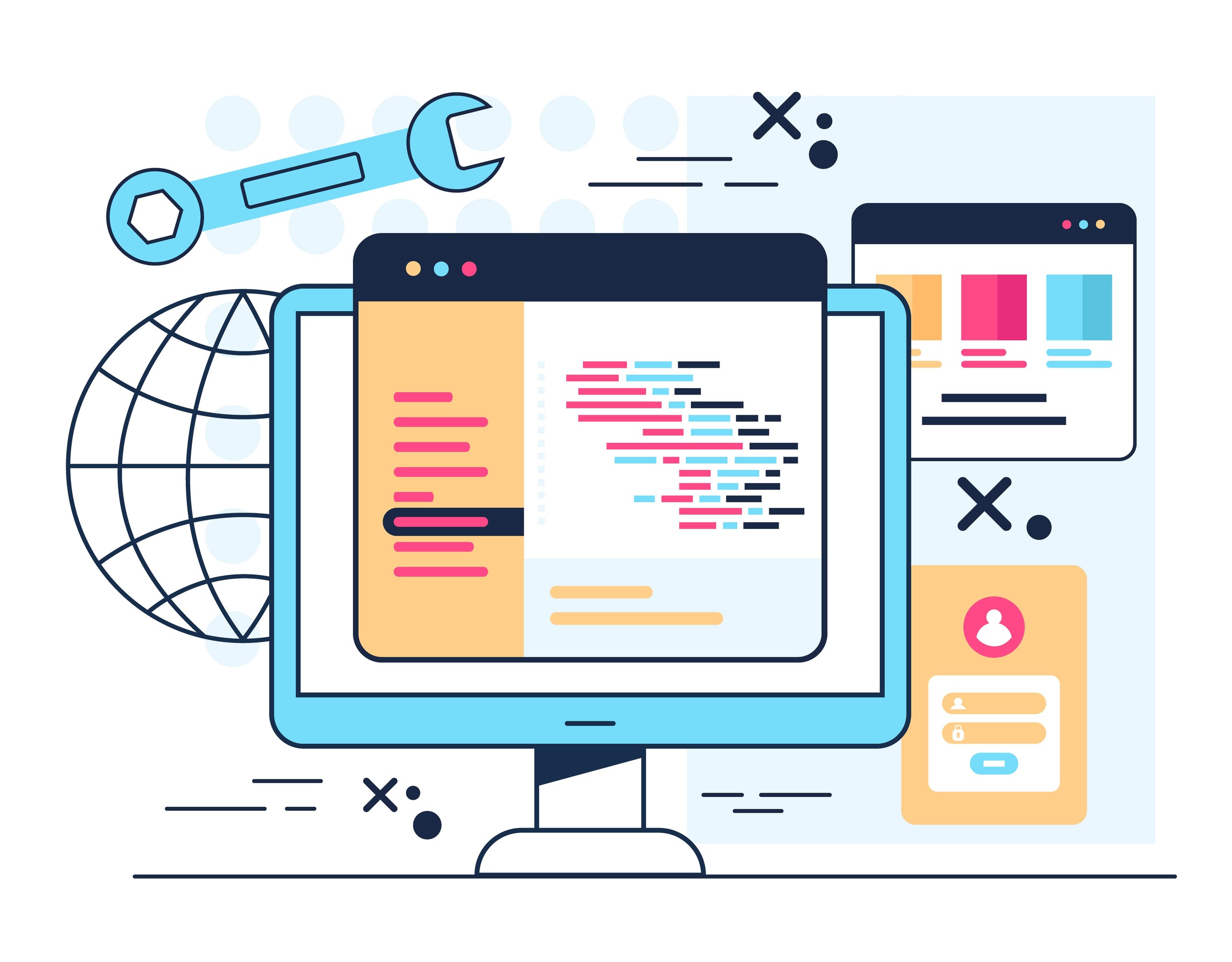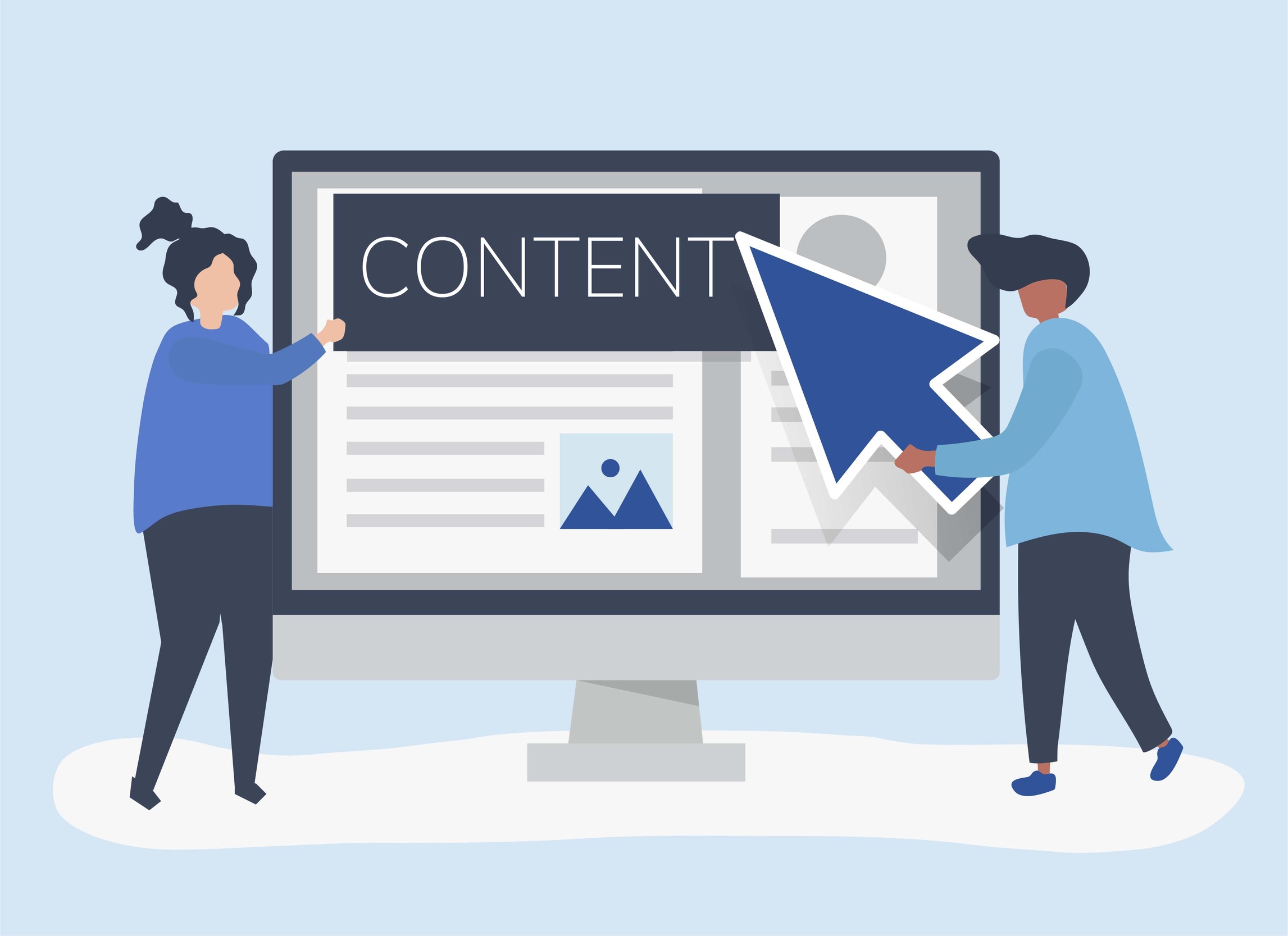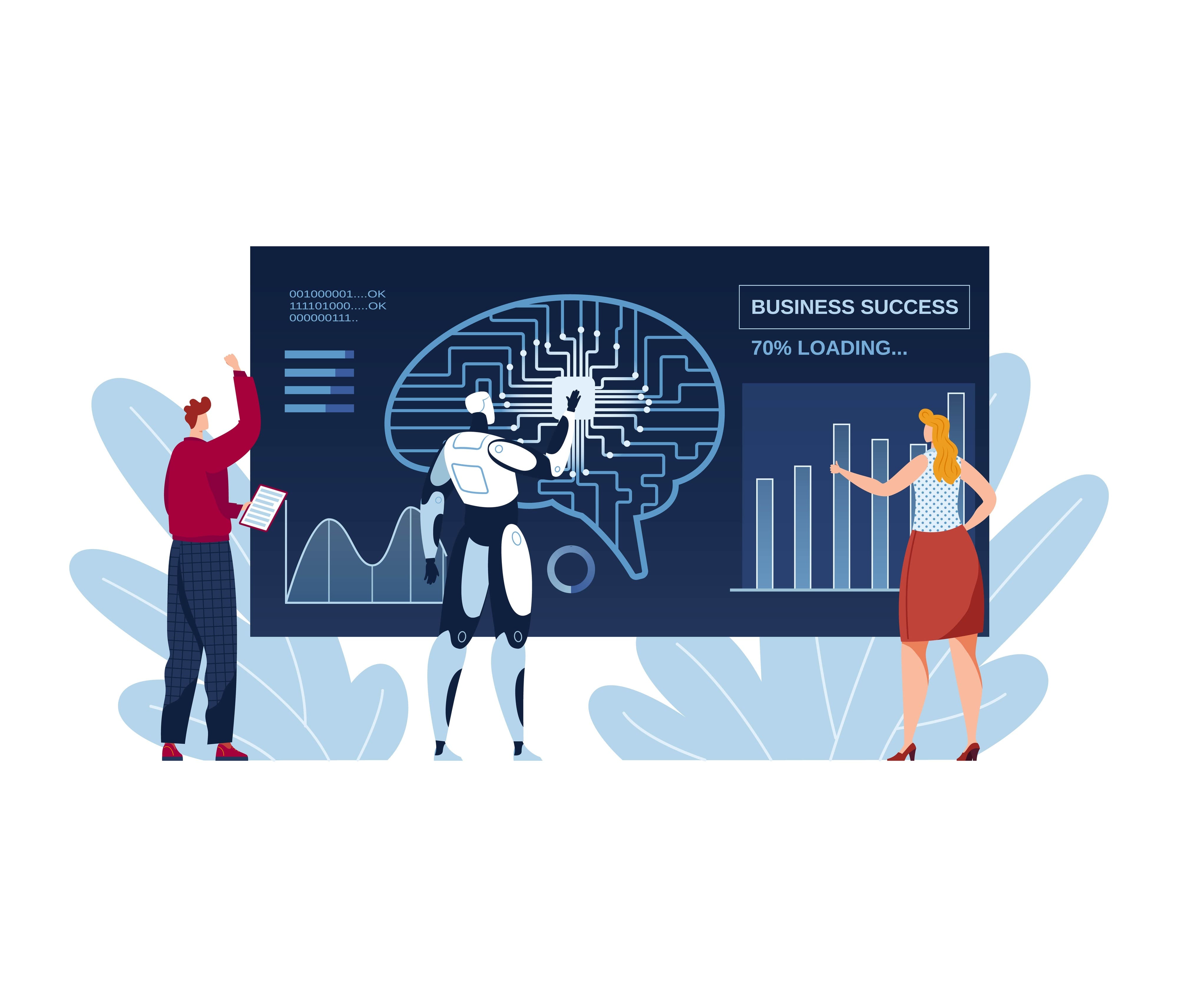BI - The Tool That Will Make Your Business Decisions More Accurate
Marketing and Advertising

 2179
2179 
BI - The Tool That Will Make Your Business Decisions More Accurate
In today's competitive business world, information is the key to success. Companies that can gather, analyze, and derive insights from real-time data enjoy a significant advantage over their competitors. This is where Business Intelligence, or BI for short, comes into play - a set of technologies, applications, and methodologies that transform raw data into strategic insights. If you want to make more informed decisions, improve performance, and drive growth, BI can be your winning tool.
According to a survey conducted by Dresner Advisory Services, about 54% of companies report that BI is critical or very important to their success. This figure illustrates the growing recognition among managers of the value of data-driven insights in decision-making. In today’s fast-paced and dynamic business reality, there is no room for guesswork or intuition alone. Organizations need a solid foundation of facts and figures to navigate the right path.
So what exactly does BI include?
At its core, it is a combination of several key components:
- Data Collection - Organizations collect vast amounts of information from a variety of sources, including internal systems, websites, social networks, sensors, and more. BI allows for the integration and accessibility of all this information.
- Data Storage - The collected information is stored in a central data warehouse or in the cloud, allowing for quick and easy access to all relevant data.
- Data Processing - Using BI tools, raw data is analyzed and processed to reveal patterns, trends, and insights.
- Data Visualization - The insights derived from the data are presented visually through dashboards, graphs, and indicators, making them easier to understand and act upon.
A great example of the power of BI is the story of "SuperSale," an online retailer. When they implemented a BI solution, they were suddenly able to see in real-time which products were selling better, which marketing campaigns were most effective, and what the preferences of different customer groups were. With these insights, they were able to realign inventory, optimize marketing budgets, and personalize the user experience. Within a year, their business grew by nearly 30%.
But how do you get started with BI? The first step is to clearly define the goals and business questions you want to answer. Do you want to increase customer satisfaction? Optimize processes? Identify new opportunities? Once you have a clear understanding of the objectives, you can tailor your BI strategy and tools accordingly.
The next step is to choose the right platform. There are a variety of options available in the market today, ranging from off-the-shelf solutions like Tableau or Power BI to custom platforms. The main considerations here will be your budget, the level of technical expertise required, and the integration with your existing systems.
Of course, implementing BI is not just about selecting technology. It is a comprehensive organizational change that requires appropriate training of employees, updates to workflows, and sometimes even a cultural shift. It’s important to gain support from senior management, define clear roles, and ensure continuous communication throughout the process.
Another critical point is data quality. The BI system will only be as good as the information fed into it. Therefore, it is essential to invest time and resources in data cleansing, error correction, and duplicate removal. Only then can you ensure that the insights you derive are reliable and relevant.
Finally, remember that BI is not a one-time project but an ongoing journey of improvement and efficiency. The more you use the system, the more value you will learn to derive from it. Encourage a culture of data-driven curiosity, where employees at all levels are involved in uncovering new insights and suggesting improvement ideas.
In summary, BI for your business - it’s not just technology; it’s a way of thinking. It’s an invitation to turn data into a strategic asset, processes into smarter ones, and decisions into fact-based ones. In an era where information is the new currency, BI is the investment that can yield the greatest returns. So if you are ready to lead your business forward, if you want to make better decisions and gain a competitive advantage - it’s time to embrace BI. Because in the end, your success depends not only on what you know but also on your ability to turn that knowledge into action.





